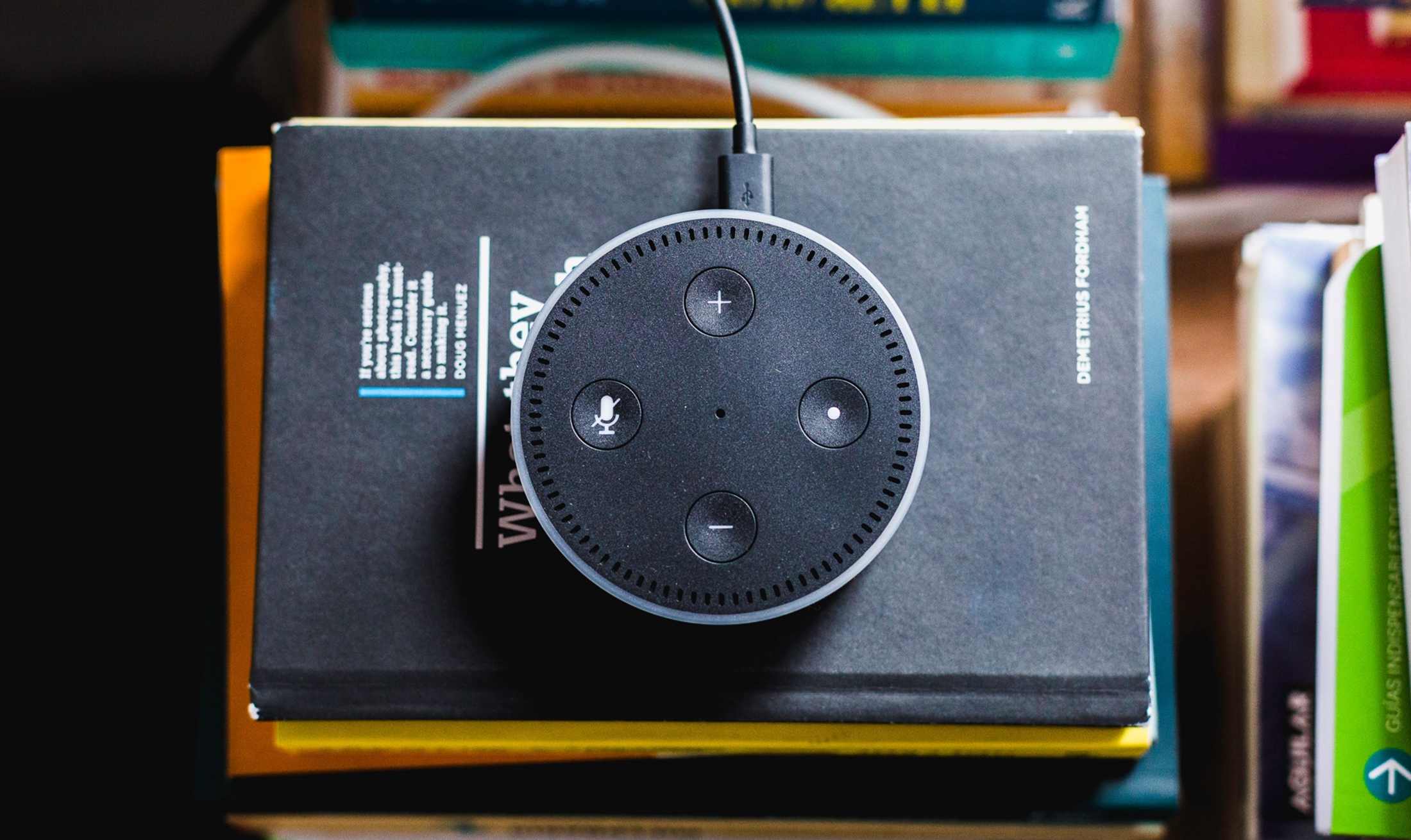Blog

Oct 12 2020
Will Voice Search become mainstream in affiliate marketing?
‘Voice’ is one of digital media’s most popular emerging technologies, and one of the modern-day digital marketer’s most compelling enigmas.
One the one hand, 50% of online searches in 2020 are set to take place using Voice. But while voice searches are growing, using voice for commerce is not. This year’s Reimagining Commerce report found that just 7% of users surveyed used a Voice device to make repeated online purchases, compared to 17% the previous year.
How is affiliate marketing using Voice platforms?
The potential for Voice commerce has nevertheless become a hot topic in affiliate marketing. In the UK, a dedicated publisher – Voice Vouchers – announced their launch in August, with the aim of delivering targeted discounts and offers on Voice platforms.
Users can install the Voice Vouchers skill right now on Alexa. Once activated, you can ask Voice Vouchers for offers and vouchers from your favourite brands, and if available they’ll be delivered by email or text message.
Where the affiliate channel is concerned voucher codes are a natural marketing tactic for Voice audiences. Not only because voucher codes typically account for around one-third of affiliate channel sales but because codes offer an effective mechanism for tracking when a potential Voice customer has engaged with a piece of affiliate marketing.
Voucher codes and Voice marketing
In the traditional internet ‘click-out’ version of affiliate marketing, tracking engagement with affiliate advertising through clicks (and occasionally impressions) is a vital part of assigning transactions to the affiliates that referred them.
If the industry wants to continue to use its most potent value-based weapon in the Voice eco-system – the Cost-Per-Acquisition (CPA) model – then a reliable mechanism is needed to connect how users engage with Voice-delivered marketing and a transaction. Codes are the ideal solution.
In particular, single use codes which are delivered at the user’s request via Voice platforms. Single use codes are not only more secure and targeted, but they can also be used as the trigger to determine that a user has successfully engaged with a piece of Voice-delivered marketing before going on to make a purchase.
If single use discount codes are a tracking nirvana for Voice delivered marketing, are there any barriers to Voice becoming a major growth area for affiliate marketing in years to come?
What are Voice’s affiliate marketing challenges?
The lack of growth in Voice-powered commerce is a glaring blot on the copybook of those who proclaim Voice as the platform that will revolutionise online marketing. Perhaps a fundamentally bigger issue for affiliate marketing is that Amazon’s Alexa has a 70% market share of Voice devices. Do Amazon really want to promote third-party Alexa skills from the affiliate marketing industry that will ultimately shift e-commerce away from its own platform?
If you’re an Alexa user, ask “Alexa, what are today’s best deals?” You’ll get a great offer…from Amazon, with a convenient add to basket action. The experience offered by other skills feels cumbersome by comparison, and in the long-term it’s not in Amazon’s best interests to promote e-commerce outside of its ecosystem.
There is also a question mark over Voice’s usability, and to what extent affiliate marketing can really transfer traditional online-based user journeys onto Voice platforms.
Searching for voucher codes online is a very easy to understand journey. Crucially there is choice, because users receive around 10 different organic results on the first SERP and multiple voucher codes can be presented on a single webpage.
A Voice journey is very different. Only a limited amount of information and be presented to a user, which means if a user wants to ask for a voucher code, they can only receive one at a time. In turn, this means the user needs to focus their question on the type of code they want to get a useful result. Normally that means asking a question like “Do you have any codes for X brand”. Making questions brand focused calls into question the value Voice marketing would really provide, and severely limits its ability to drive the type of product discovery brands often want.
Does Voice affiliate marketing need to be product focused?
It may be that Voice technology is evolving to the point that it will make a telling difference to the affiliate industry, but we just aren’t there yet. At the moment, developers building for Alexa need to set-up Intents that define how users will talk to their skill. Intents will include a number of Sample Utterances that the skill is trained to answer. In this way of building a Voice skill it’s a challenge to cover the vast number of ways users could potentially ask for content, like voucher codes, without users receiving a lot of unhelpful responses. That’s why concentrating the skill on one way of understanding a question, like “Do you have any codes for X brand” may seem appealing for the time being.
As Voice technology evolves the key to making it effective for affiliate marketing may be to enable a skill to understand product focused questions, and then return relevant codes or offers relevant to that product, such as “Show me the best offers for X model of TV”.
This will retain the effectiveness for users who want to find the best deals, while also adding real value for advertisers. There is a technical challenge here of course, and also the bigger question of whether Alexa, the world’s biggest Voice platform will ultimately support this in the long-term.